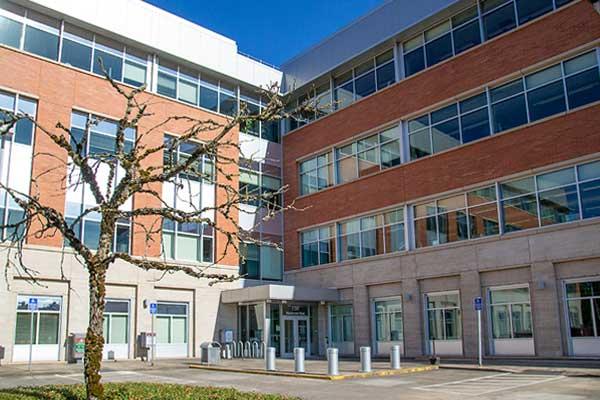Delinquency
Property taxes may be paid in full by Nov. 15 or in three installments (Nov. 15, Feb. 15 and May 15). Any taxes remaining unpaid as of May 16 are delinquent. The property is subject to foreclosure when the taxes are three years delinquent.
June 30 is the last day to pay taxes with a personal check. Payments made after this date must be in the form of cash, money order or cashier's check. Personal and/or business checks will not be accepted.
Notification
Your annual tax statement shows delinquent taxes and the current year's taxes. Also, on the statement is the delinquent year which causes the property to be subject to foreclosure.
If the tax is unpaid after May 15 of any year, a delinquency notice of foreclosure proceedings will be mailed to the taxpayer.
| First Notice 5/16 | Delinquency notice |
| Second Notice 6/16 | Notice that property is subject to foreclosure All properties with 3 years delinquent tax are notified. |
| Third Notice 7/16 | Notice of publication Publication can be avoided by payment of the full tax and interest of the taxes delinquent for 3 or more years. Payment must be delivered by 5 p.m. on that date, not postmarked. The property will be included in the publication unless payment is actually received. |
(Dates vary from year to year)
Each August the foreclosure list is published in a newspaper designated by the Board of County Commissioners. A 5% penalty is assessed on the total amount published (delinquent taxes plus interest) and added to the account. Publication includes the name of the property owner, account numbers, tax years of delinquency, amount of tax and interest.
After the foreclosure list is given to the newspaper for publication, property can be removed from the foreclosure list by paying the full tax and interest for taxes delinquent for three or more years, plus the 5% penalty.
If you believe your property should not be part of the foreclosure process, you must file your reasons with the court within 30 days of publication. Judgement will be taken 30 days after the publication.
2-year Redemption Period
To redeem property from foreclosure during this period, all taxes and interest for all years included in the foreclosure, the 5% penalty, 9% interest, and foreclosure fees must be paid in a lump sum. Partial payments are not accepted. Only the following persons can redeem the property:
- a person with recorded legal interest in the property at the date of judgment and decree
- an heir or devisee of a person with a legal interest in the property
- a holder of a lien of record on the property — such as a mortgage company
- a municipal corporation with a lien on the property, such as a city or sewer district
Not later than one year before the redemption period expires, all persons with a legally recorded interest in the property are notified by regular and certified mail that the period of redemption will end. The tax collector is responsible for providing this notice. A title company will provide litigation reports to identify the lien holders to be notified. The actual cost of the report will be charged to the property.
The taxpayer keeps possession of the property up to the time the tax collector deeds the property to the county. If the property is damaged or destroyed in any way during the period of redemption, it may be immediately acquired by the tax collector.
County acquires deed
At the end of the redemption period, the tax collector deeds the property to the county. All taxes are cancelled and the property is removed from the tax roll. The taxpayer's ownership rights are terminated at this point. The taxpayer may ask the County Commissioners to sell the property back at a private sale. The Board may do so, but does not have to.
The property becomes part of the county's lands and can be sold at public auction to the highest bidder. Property foreclosed and deeded to the County is disposed of as surplus real estate.
 Translate
Translate







